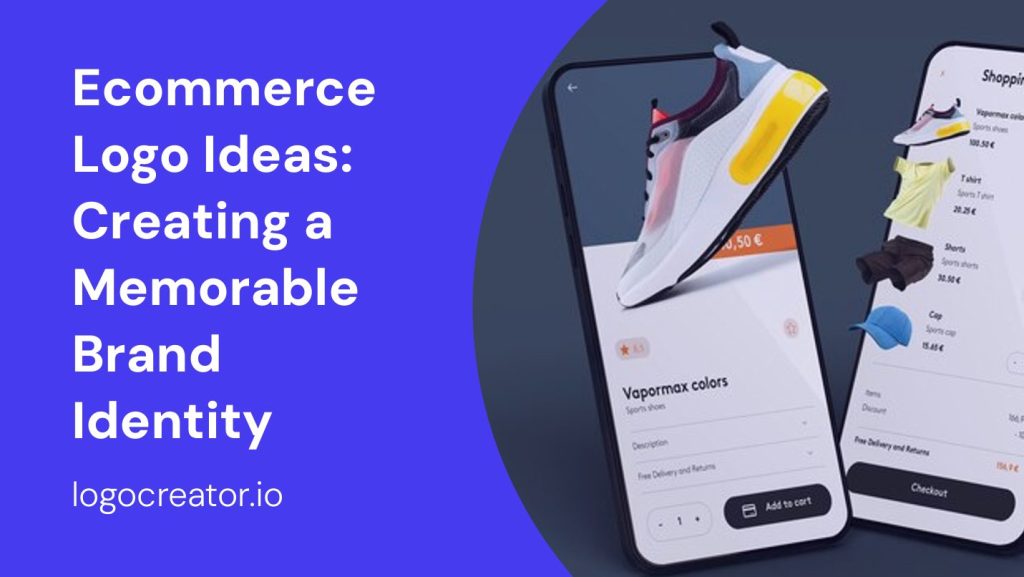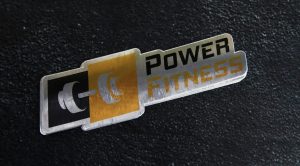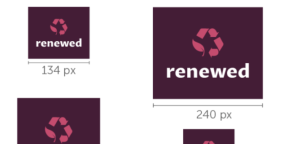In today’s highly competitive digital landscape, having a strong brand identity is crucial for the success of any ecommerce business. One of the key elements of a brand identity is a well-designed logo that represents your company’s values, products, and services. In this article, we will explore some effective ecommerce logo ideas that can help you create a memorable and impactful brand identity for your online store.
Why is a Logo Important for Your Ecommerce Business?
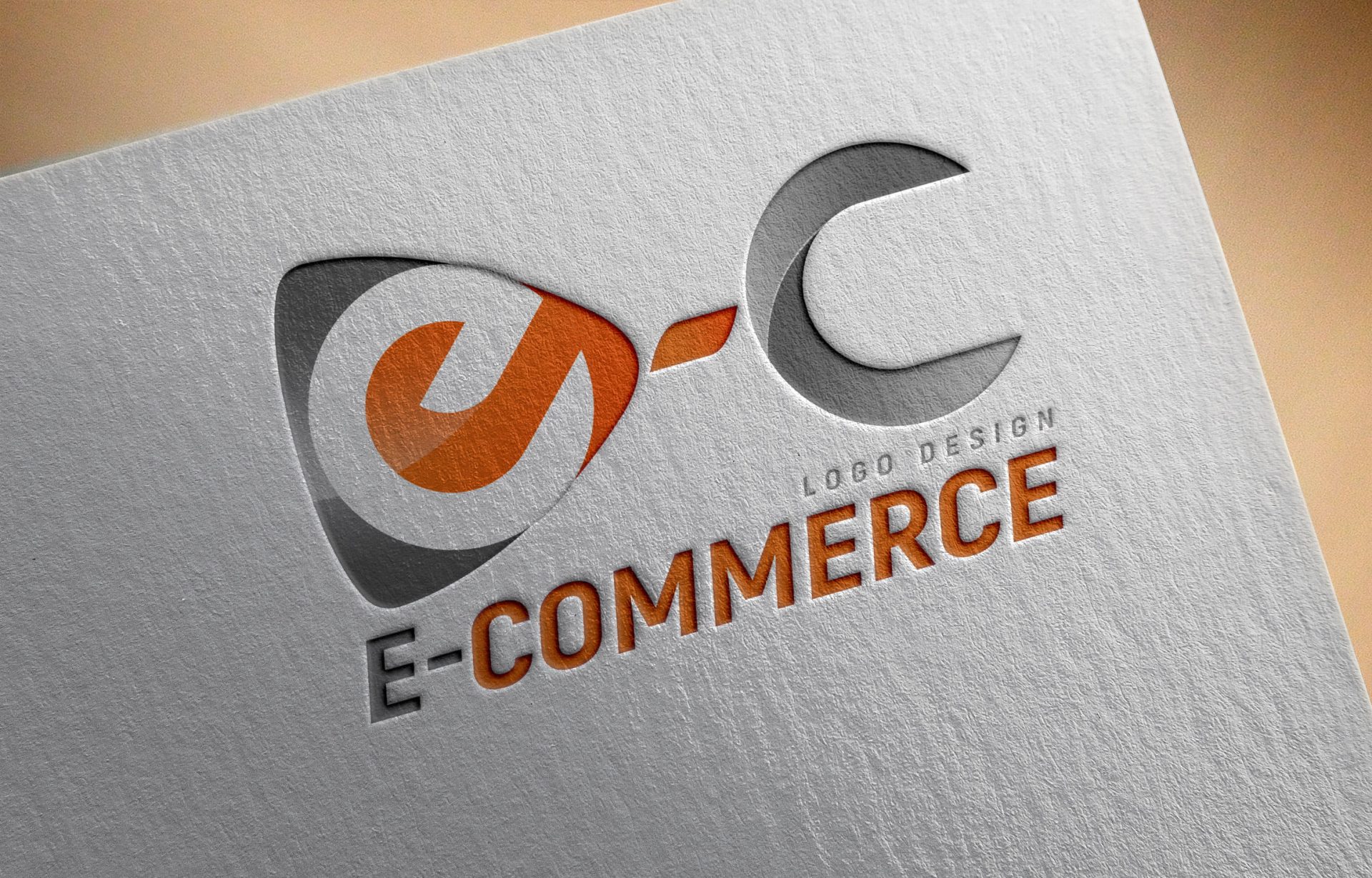
Before we dive into the various logo ideas, let’s understand why a logo is important for your ecommerce business. A logo serves as the visual representation of your brand and is the first thing that customers associate with your company. Here are a few reasons why having a well-designed logo is crucial:
- Brand Recognition: A well-designed logo helps customers recognize and remember your brand. It creates a visual connection between your products and services, making it easier for customers to identify and choose your brand over others.
- Professionalism and Trust: A professional-looking logo instills trust and confidence in your brand. It reflects the quality of your products and services, making customers more likely to choose your ecommerce store over your competitors.
- Differentiation: In a saturated ecommerce market, a unique and eye-catching logo helps your brand stand out from the crowd. It helps customers differentiate your business from others, making it easier for them to remember and recommend your brand.
Now that we understand the importance of a logo, let’s explore some e-commerce logo ideas to help you create a distinctive brand identity for your online store.
Our logo maker will help you create an e-commerce logo using the latest in AI trained by our design team. It is a quick and easy process that will allow you to create your new brand without any design experience. Pro tip: make sure you use a high speed internet connection for best results. Check out these tricks to help speed up your device.
1. Minimalistic and Clean Designs
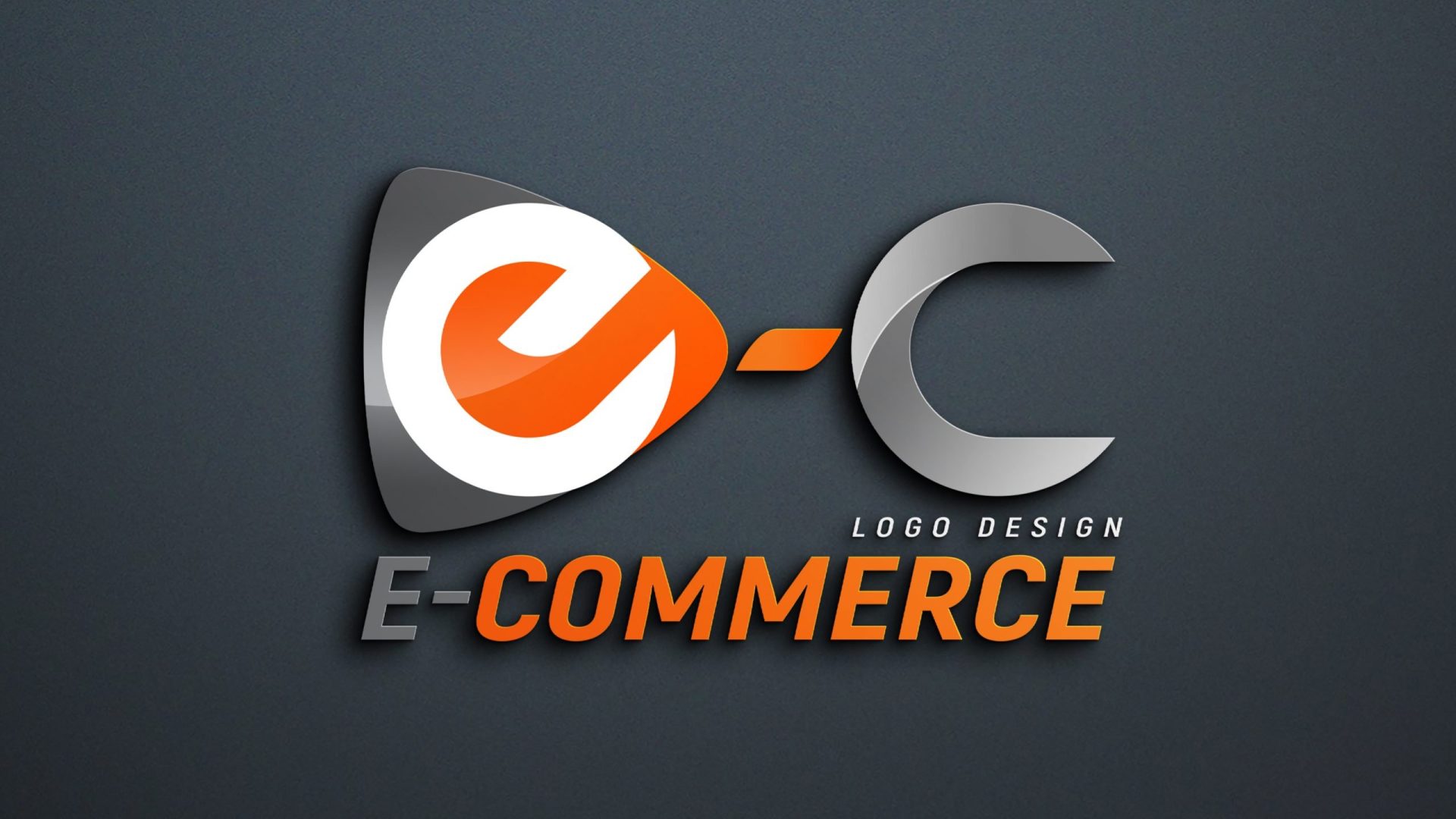
One popular ecommerce logo idea is to opt for a minimalistic and clean design. These types of logos often feature simple shapes, clean lines, and a limited color palette. The simplicity of these designs allows for easy recognition and readability, even in small sizes or low-resolution formats. Some well-known ecommerce brands, such as Amazon and eBay, have successfully adopted this approach.
Example: A minimalist ecommerce logo could incorporate a simple yet recognizable symbol related to your business, along with a clean, modern font for the company name.
2. Typography-Based Logos
Typography-based logos focus on the creative use of fonts to convey the brand’s personality and values. This approach is particularly effective for ecommerce businesses that want to emphasize their brand name or a specific word related to their products or services. By playing with various font styles, sizes, and spacing, you can create a visually appealing logo that captures the essence of your ecommerce store.
Example: An ecommerce store selling handmade goods may opt for a typography-based logo that uses a handwritten or script font to evoke a sense of craftsmanship and personal touch.
3. Illustrative Logos
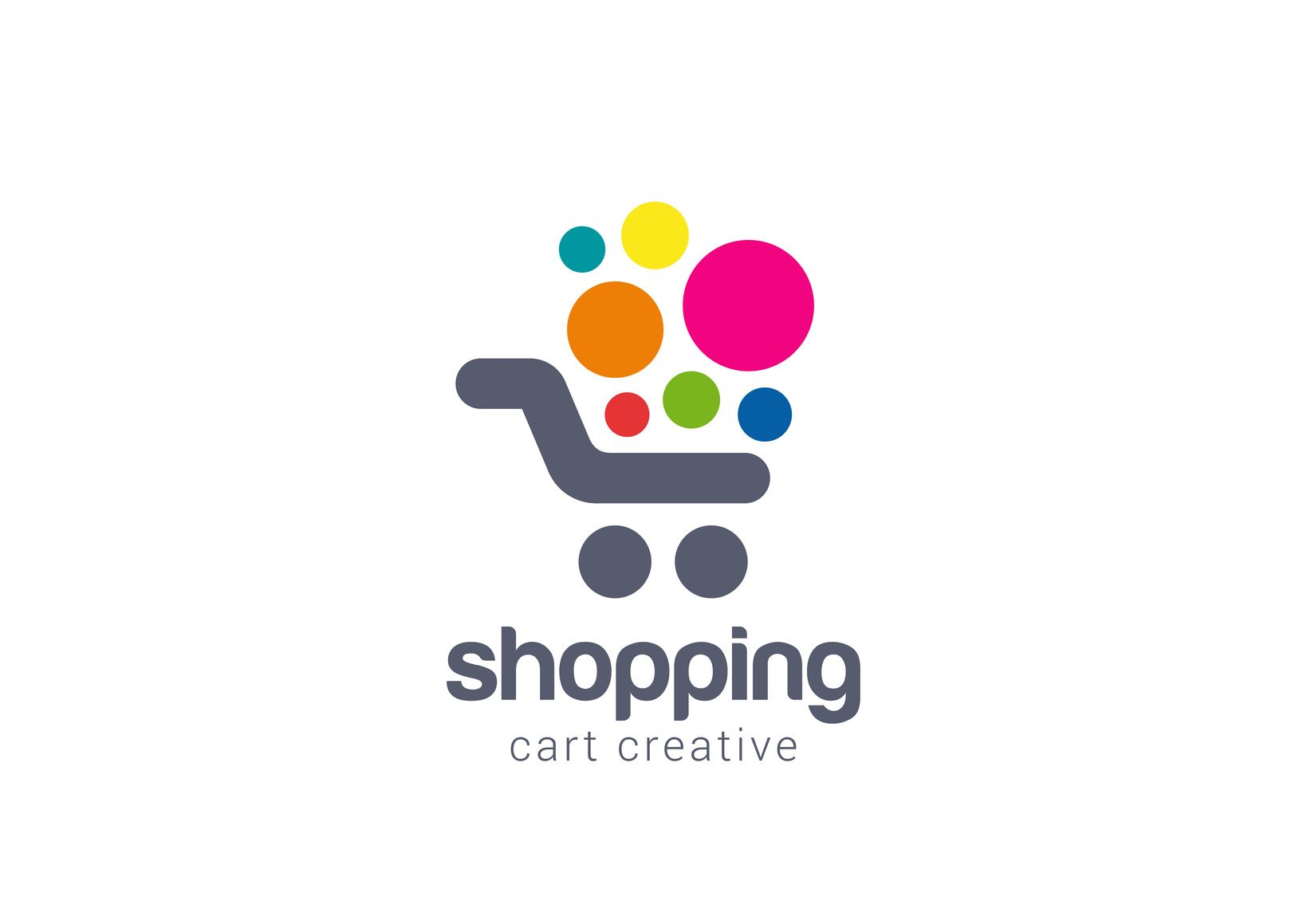
If you want to add a touch of creativity and uniqueness to your brand identity, consider using an illustrative logo. This type of logo incorporates custom illustrations or icons that represent your business or products. Illustrative logos can be playful, whimsical, or sophisticated, depending on your target audience and brand personality.
Example: An ecommerce store specializing in pet products may use an illustrative logo featuring a cute and friendly animal illustration to appeal to pet lovers.
4. Abstract Logos
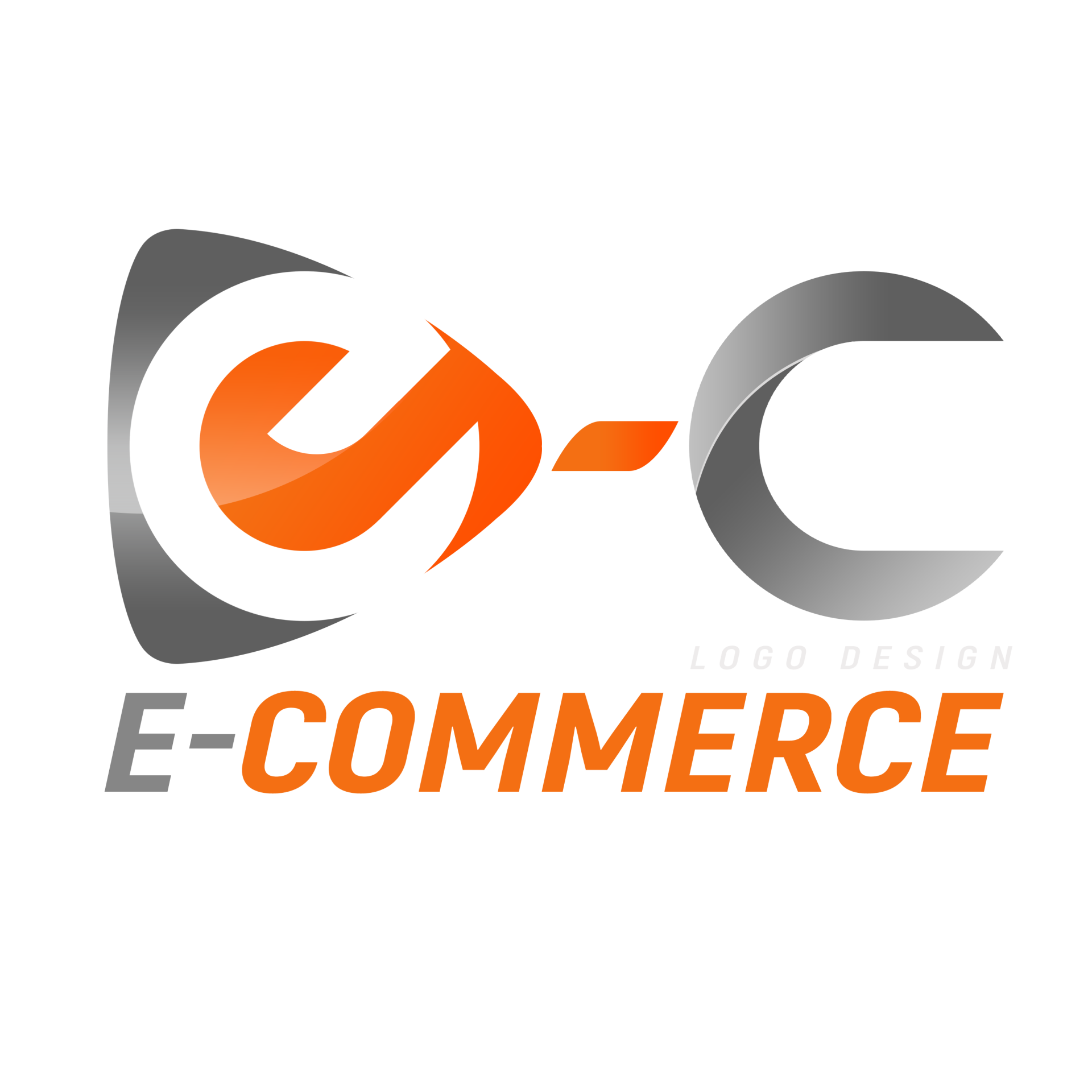
Abstract logos are visually intriguing and often open to interpretation. They use geometric shapes, lines, and patterns to create a unique visual identity for your ecommerce brand. Abstract logos can be versatile and adaptable, allowing for easy integration across various marketing materials and platforms.
Example: An ecommerce store selling tech gadgets may use an abstract logo featuring a combination of geometric shapes and lines to symbolize innovation and modernity.
5. Symbolic Logos
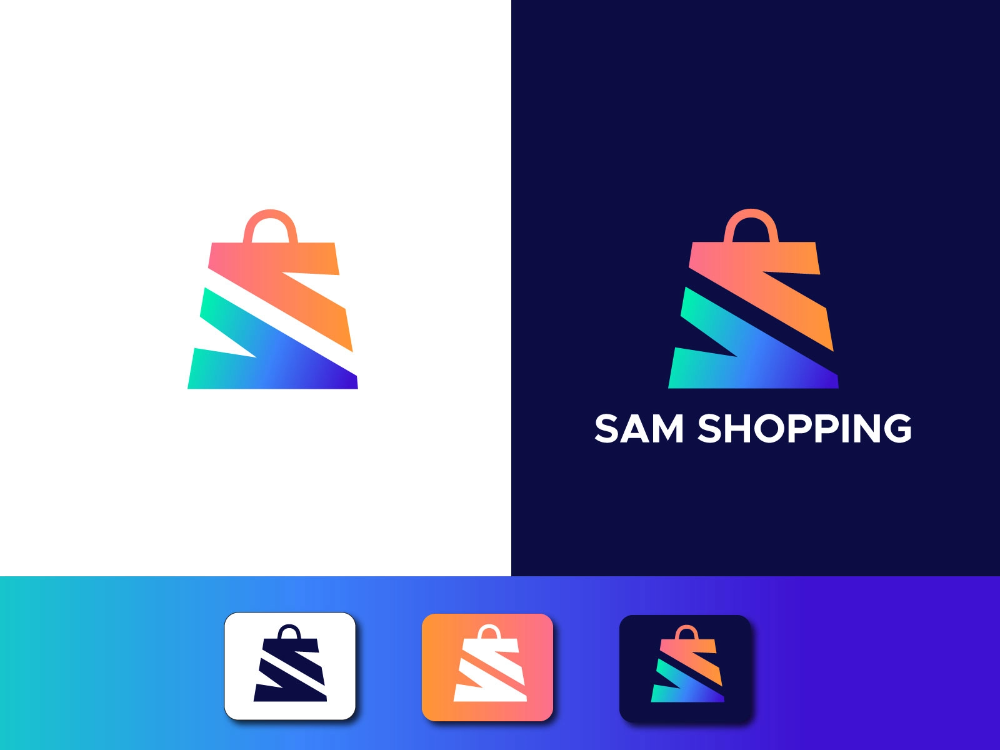
Symbolic logos use a single symbol or icon to represent your ecommerce brand. These logos are highly effective in conveying your brand’s values, mission, or unique selling proposition in a simple and memorable way. Well-known brands like Nike and Apple have successfully established their brand identities using symbolic logos.
Example: An ecommerce store focusing on sustainable fashion may incorporate a leaf or a tree symbol in their logo to communicate their commitment to environmental responsibility.
6. Monogram Logos
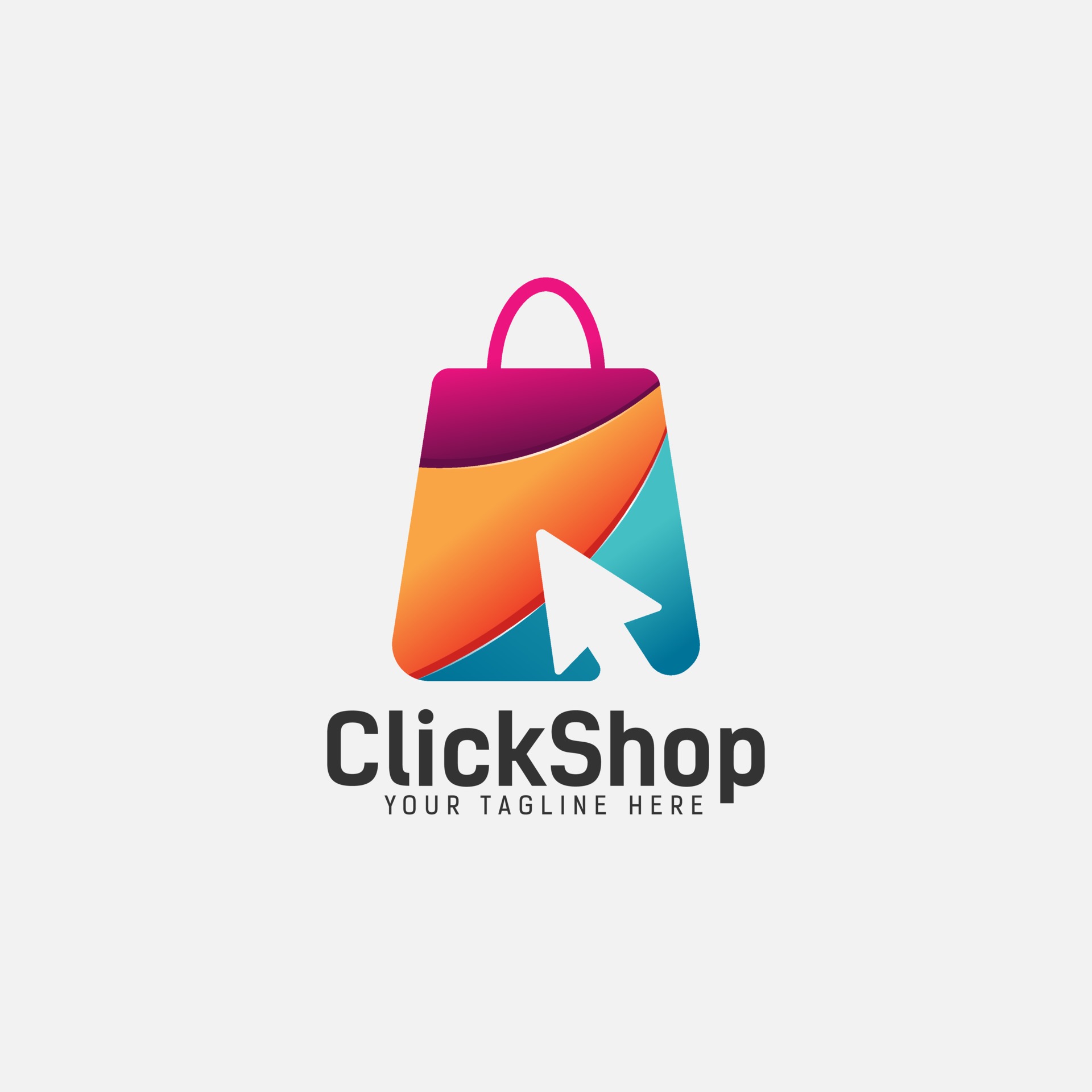
Monogram logos combine two or more letters or initials to create a unique symbol that represents your ecommerce brand. This approach works well if your brand name is lengthy or if you want to add a touch of elegance and sophistication to your logo. Monogram logos can be particularly effective for luxury ecommerce brands.
Example: An ecommerce store specializing in high-end jewelry may use a monogram logo that combines the initials of the company name in an artistic and elegant manner.
Conclusion
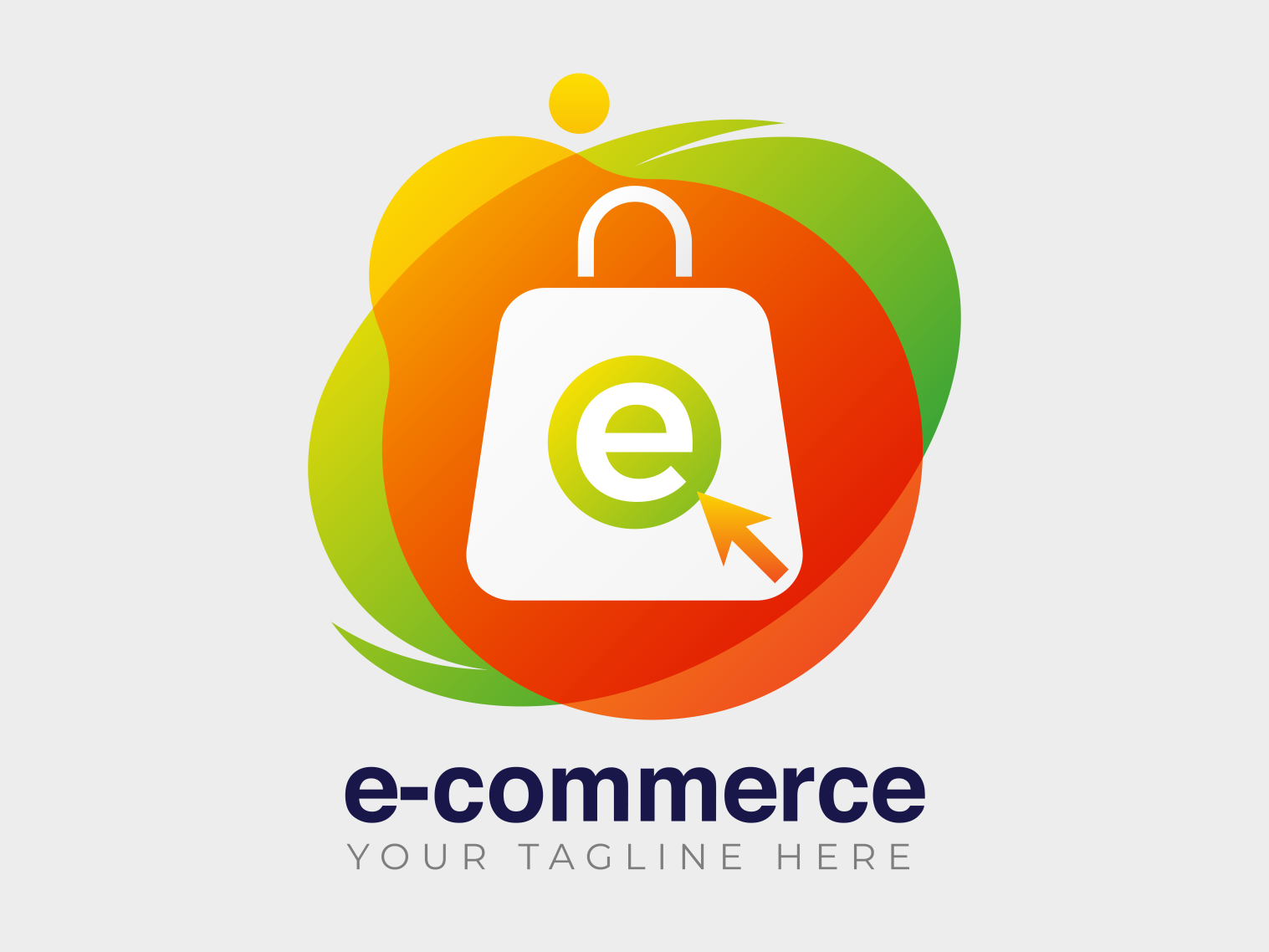
Creating a memorable and impactful brand identity is essential for the success of your ecommerce business. Your logo plays a significant role in shaping your brand identity and influencing customer perception. By exploring various ecommerce logo ideas, such as minimalistic designs, typography-based logos, illustrative logos, abstract logos, symbolic logos, and monogram logos, you can find the perfect logo that resonates with your target audience and represents your brand effectively. Remember, a well-designed logo is a long-term investment that can help your ecommerce business thrive in a competitive online marketplace.
Barry Edwards is a digital marketing expert with a deep understanding of content strategy, logo, and branding principles. Holding a Bachelor’s degree in Marketing from Beaconhill College, he offers valuable insights on digital marketing trends and strategies through his writing. Follow Barry’s work to stay updated on the latest in online marketing and branding.
